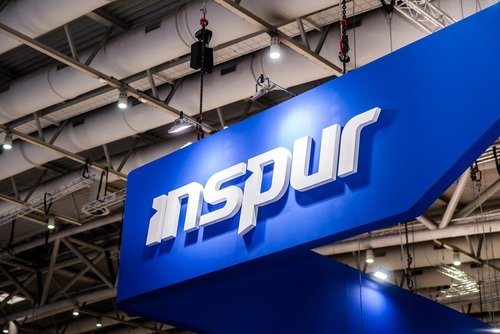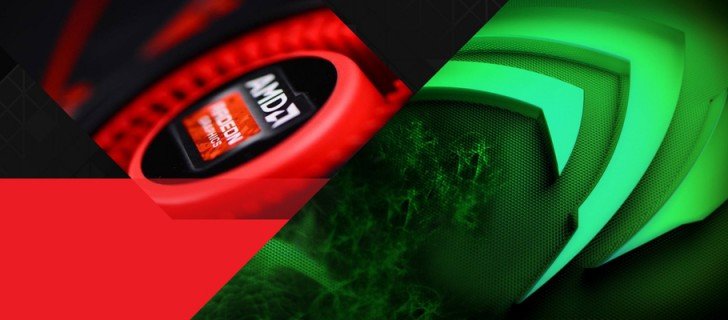Recent Actions against Chinese Company
News rushed in media earlier this week, Intel had put on hold the shipments to Inspur. Inspur is the 3rd best server vendor in world, and number 1 in China itself. Intel pausing the shipment was a notification involving U.S. Department of Defense. U.S. Department of Defense shortly added Inspur to a list that outlines 20 companies that are being operated or controlled by Chinese military.

Adding to this U.S. Government also put some restrictions on Hong Kong that puts a disturbance of preferential treatment as a shipping hub into China. The new restrictions end the export license exemptions for all the products flowing through route of Hong Kong, which has long served as a secure route for semiconductor products to ship into China.
Inspur to the Media is Bold
Although due to these restrictions, today Inspur talked to Chinese press. Inspur stated that Intel had resumed shipments, an important development given that the company bought $2.5 billion chips from Intel in 2019, and had some resolutions regarding the issue. They have also tried pinging Nvidia and AMD for comment on the status of their business with Inspur.

In fact Inspur confirming their resuming of shipment imports with Intel, Intel continues practice about not disclosing details of business with individual customers. Intel would not at all comment about quantities and products they have resumed shipping.
Intel about the Shipments
Intel’s previous statements after the US Department of Defense company listing, on the matter outlined a phased resumption of shipments, with ‘some’ items shipping within fortnight itself. And others shipments within a matter of days. As long as Intel has already resumed shipments, it appears it’s underway with its plan of a phased resumption of shipments. However, neither Intel nor Inspur have confirmed that Intel are going to be ready to resume shipping all products it previously supplied to Inspur.
More Actions by Government?
It is still unclear whether the U.S. government will eventually add more targeted restrictions against Inspur or not. It is believed to be much like when the Obama administration blocked Intel from selling Xeon processors to China in 2015. These restriction were over concerns the chips were fueling the country’s nuclear programs.
AMD and Nvidia on the Issue
AMD on the issue said that there are no changes for the company. AMD’s business relation with Inspur are within wake of law and regulations.

Nvidia accepting that Inspur is the customer of Nvidia. And the products they sell to them focus on consumer and enterprise. Clearly it means, that new regulations by U.S. Department of Defense have not impacted the company. It is still unclear about any difficulties has it faced for shipping products from corridors of Hong Kong.
US Against China Has an Impact
The continued tensions of the trade war shine a light-weight on China’s reliance on American semiconductor technology. Past actions by the U.S. Department of Defense and Government have largely prevented China from achieving the technical know-how and equipment to develop its own competitive chips through acquisitions and mergers. However, it’s noteworthy that the prior restrictions of 2015 and on Xeon processor sales to China led the country to style its own SW26010 processors to power the Sunway TaihuLight supercomputer, which is appreciable. That system was the fastest from 2016 to 2018 in the world.
China not so Ahead in Race
China is aiming that it would achieve a goal of 70% self-efficiency in the market of semiconductor by 2025. Experts believe that it will not be able to do so because of continuous restrictions being imposed by many countries on the trade routes. Impacting its idea of merge and acquisitions. It will only achieve 1/3rd of the initial target under time limit.
